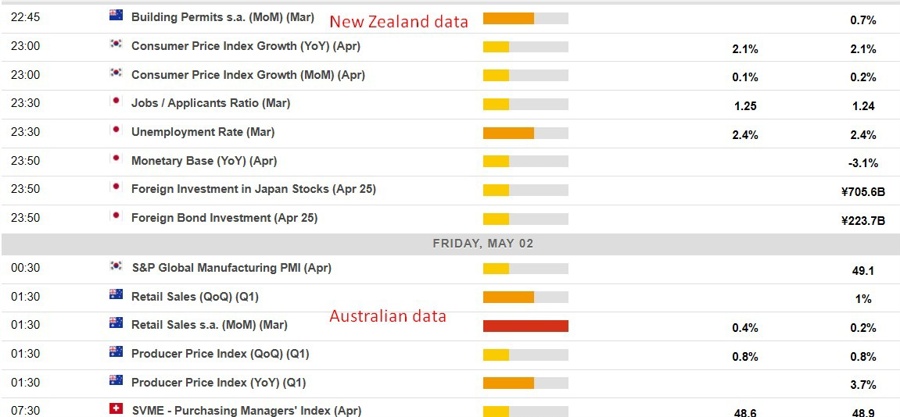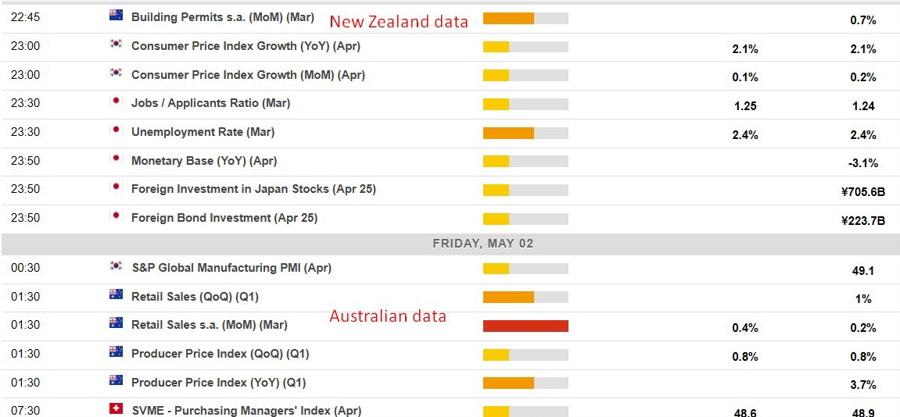How to Use an Economic Calendar for Smarter Trading Decisions

Staying ahead in financial markets often comes down to timing and insight. One tool that delivers both is the economic calendar. Traders and investors rely on it to track important financial events, economic indicators, and other market-moving data. Whether you are new to trading or an experienced investor, understanding how to use an economic calendar can significantly enhance your market decisions.
What is an Economic Calendar?
An economic calendar is a schedule that lists key economic releases, central bank meetings, and geopolitical events likely to influence financial markets. It includes details like release times, previous values, and market expectations. By consulting the economic calendar, traders can anticipate volatility and plan their strategies accordingly.
Why Track Economic Events?
Economic data releases—like GDP, inflation, and employment figures—have a strong impact on currency, equity, and commodity markets. Even a slight variation from market expectations can cause sizable price swings. For example, a better-than-expected job report can drive currency strength. By staying informed, you reduce surprises and increase your confidence in trading decisions.
To see practical examples of how an economic calendar works in different regions, check out the Economic calendar in Asia Friday, May 2, 2025 | Forexlive. Forexlive provides a detailed snapshot featuring major announcements and what traders might expect.
How to Use an Economic Calendar Effectively
- Identify Relevant Events: Focus on events that historically influence your traded assets, such as interest rate decisions or employment data.
- Know the Time Zones: Economic calendars display event times, often in GMT. Adjust for your local trading hours to avoid missed opportunities.
- Watch for Consensus Estimates: Compare market expectations with previous figures to gauge potential market reactions.
- Plan Your Trades: Decide whether to enter or exit positions before high-impact events. Manage risk with stop-loss orders or by staying on the sidelines during volatile periods.
For another useful resource, view TradingView’s Economic calendar in Asia Friday, May 2, 2025 — TradingView News. It provides quick insights and aligns data releases with market consensus, aiding informed decision-making.
Tips to Maximize Your Trading Edge
- Regularly review the economic calendar before beginning each trading session.
- Combine calendar data with technical and fundamental analysis for a well-rounded approach.
- Stay alert for unscheduled news or political events that may also move markets.
Using images of economic calendars or trading dashboards can help visualize how these tools work in practice. For example:

Conclusion
An economic calendar is a vital companion for any trader or investor. By tracking important events, understanding market expectations, and planning your trades, you can better navigate volatility and make smarter decisions. Explore the featured economic calendars above to start integrating this essential tool into your strategy today.